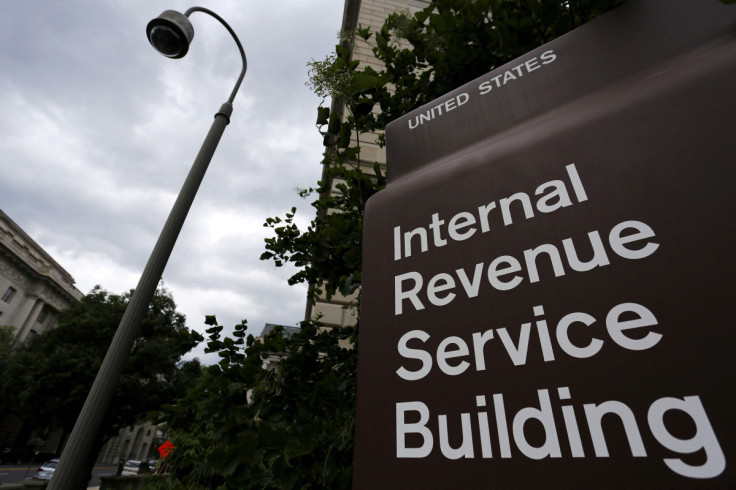IRS Tax Season 2023: Important Dates, Deadlines, How To E-file For Free
The Internal Revenue System (IRS) announced Thursday the kickoff date for the country's 2023 tax season. Continue reading for details on when the IRS will begin accepting and processing 2022 tax returns – and other key deadlines to remember this tax season.
The agency will begin accepting tax returns on Jan. 23, 2023, and the deadline to file the same is set to April 18. The agency is expecting more than 168 million individual taxpayer returns before the deadline, IRS's press release stated.
Important Dates To Remember This Filing Season
Jan. 13: IRS Free File opens
Jan. 23: IRS' 2023 tax season begins accepting and processing individual 2022 tax returns
Jan. 27: Earned Income Tax Credit Awareness Day to raise awareness of valuable tax credits available to many, including the option to use the prior-year income to qualify.
April 18: Deadline to file 2022 tax return or request an extension to pay owed tax.
Oct. 16: Deadline for those who received an extension on their 2022 tax returns.
IRS Free File Option
For those looking to e-file returns for free, the IRS Free File will open Friday, Jan. 13 where participating providers will accept completed returns and hold them till Jan. 23. The Free File program is available on IRS.gov for taxpayers who earned less than or $73,000 in 2022. They can e-file their returns using brand-name software used by commercial tax filing companies.
The IRS has taken a number of steps to streamline the filing experience considering the disruption during the past three seasons due to COVID-19. The agency has hired 5,000 new telephone assistors. This is in response to a complaint to the agency by a bipartisan group of lawmakers who said calls were reportedly being answered only 9% of the time during the last tax season. IRS has also added more in-person staff to help taxpayers.
"With these new additional resources, taxpayers and tax professionals will see improvements in many areas of the agency this year. We've trained thousands of new employees to answer phones and help people," Acting IRS Commissioner Doug O'Donnell's statement reads in part.
The agency has also recommended some tips to ensure taxpayers have a stress-free filing experience. Individuals are encouraged to have all their information handy before filing a complete and accurate return. This includes Social Security numbers, Individual Taxpayer Identification Numbers, Adoption Taxpayer Identification Numbers and this year's Identity Protection Personal Identification Numbers valid for the calendar year 2023. IRS.gov has answers for all tax-related questions, as well as the updated status of returns.
Let's talk refunds. For expedited refunds, the best option is to avoid filing paper returns and turn to e-filing with direct deposit. Individuals can use a bank account, prepaid debit card or mobile app to avail of the direct deposit option. The IRS is hopeful that most taxpayers will have received their refunds within 21 days of filing when they file electronically and choose direct deposit, provided their return file is accurate and complete. To receive a personalized refund status, click here within 24 hours after IRS has accepted e-filed tax returns.

© Copyright IBTimes 2025. All rights reserved.






















